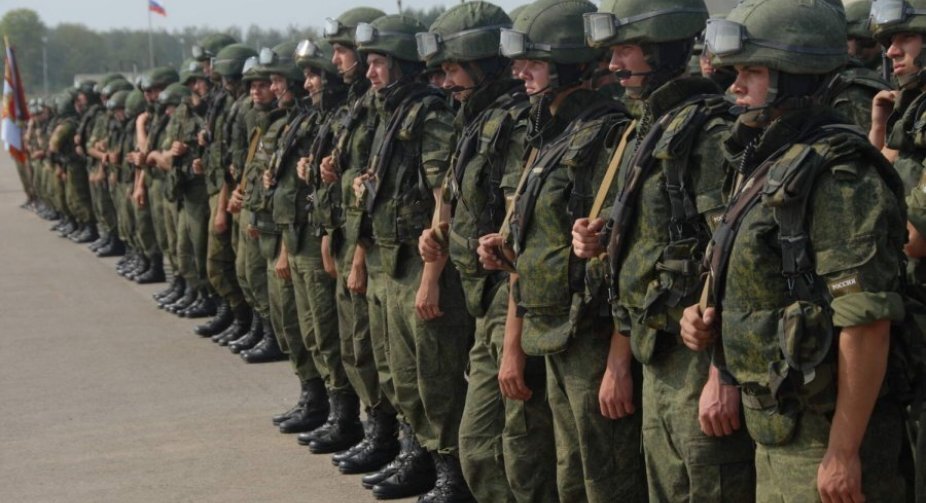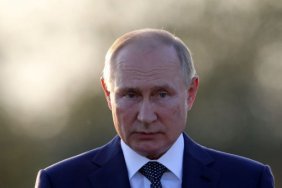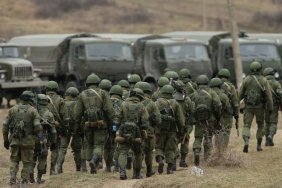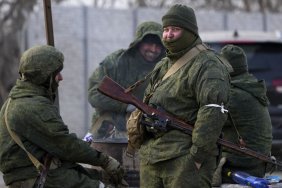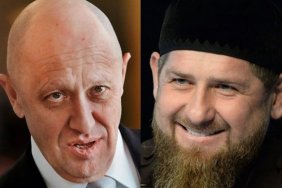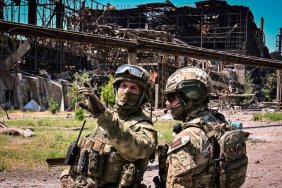Russia's mobilization system is struggling to fulfill the task set by Russian President Vladimir Putin, and most likely will not be able to create a mobilized reserve force even of the low quality that would be created by Putin's plans, unless the Kremlin can quickly solve the fundamental and systemic problems, it said in a report by analysts at the Institute for the Study of War (ISW)
Analysts stress that Russia's partial mobilization efforts in the early days suffer from serious and systemic problems that cause popular discontent. Protests, attacks on conscription points and acts of vandalism took place across Russia in the first 48 hours after the partial mobilization was announced.
"Russian pro-war bloggers and social media users express concern about illegal mobilization practices and demonstrate many serious mobilization problems in Russia on the second day of mobilization," the report said.
The ISW also noted that the incomparable processes of mobilization in different regions can increase social tensions in the Russian Federation, which have already arisen due to the alleged inequality in the creation of volunteer battalions.
In addition, the report confirms that Ukrainian forces are continuing their offensive north and northwest of Liman, as well as conducting operations in the Kherson region, while remaining silent on the advance of Ukrainians.
In turn, Russian forces tried unsuccessfully to attack the Bakhmut district and northwest of Donetsk.
ISW also stated that the Russian occupation authorities started "voting" in their fake referendums on September 23 with open coercion and falsification of turnout data.
